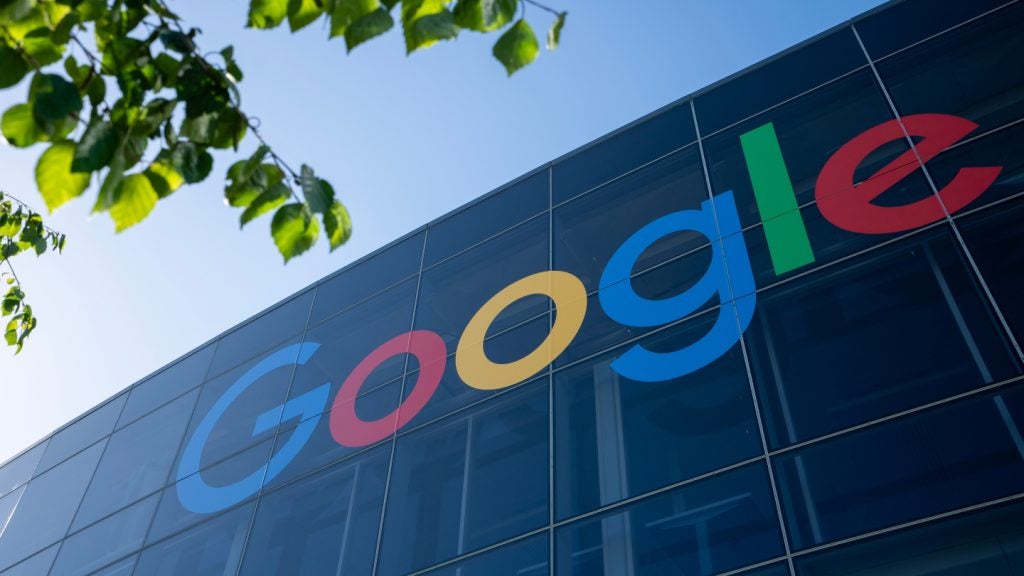Beyond the headline-grabbing gadgets to emerge from the Consumer Electronics Show (CES) 2019 in Las Vegas this month, were nuggets of information of interest to emerging technology businesses who hope to turn the heralded products and services into reality.
Despite its clear focus on consumer products, the show could not avoid addressing the technology that underpins the delivery and reliability of the same services and products: 5G, IoT, AI, security, etc.
At the show there was an abundant number of B2B2C offerings that blurred the lines between tech consumer and businesses; wearables, healthcare products, smart cities, and connected and autonomous vehicles, all of which are ultimately targeted at consumers, but are powered by businesses and often sold through partners and resellers.
This makes for a different kind of market segment, where multiple businesses make money along the supply chain. Picking out the business products and services among all of the sometimes silly gadgets and bonafide innovations at the show requires an appreciation that not all that is good for the consumer may yet make commercial sense.
The CES indeed had something for everyone: with consumer electronics dominating the discussions, demonstrations and featuring strongly in the keynote talks, but intelligence on the bigger IT picture concerning infrastructure provision was also on offer. Important here are advances in key networks, developments in cybersecurity and connectivity enhancements, as well as news from telecom operators and their partners and the latest offerings by app/solution/product developers of all flavours.
Not surprisingly this year’s event showcased emerging technologies such as 5G and AI, alongside new products that hope to leverage these technologies for both the consumer and the business customer.
How well do you really know your competitors?
Access the most comprehensive Company Profiles on the market, powered by GlobalData. Save hours of research. Gain competitive edge.

Thank you!
Your download email will arrive shortly
Not ready to buy yet? Download a free sample
We are confident about the unique quality of our Company Profiles. However, we want you to make the most beneficial decision for your business, so we offer a free sample that you can download by submitting the below form
By GlobalDataThe following insights, products, and services had the most relevance to, or impact on, business technology and services:
Key insights
Enterprise Solutions
Enterprise Solutions held its own on the show floor at CES with over 30 exhibitors. The enterprise was also featured in a number of keynotes and educational sessions on cybersecurity, market disruptors, blockchain, product design and manufacturing and robotics. Of particular interest were the following insights:
Verizon’s chief executive offered up to $1 million in seed money to innovators that can come up with viable use cases for 5G. While this was telling in its own right (that is, the industry needs help to ensure 5G reaps financial rewards), the implication throughout his presentation was that many, if not most, of the most compelling 5G use cases, will be in the enterprise segment (for example involving manufacturing and retail with use of Verizon Skyward drones for surveillance and asset monitoring).
A related set of data announced at the show came from a GSMA Intelligence survey on consumers’ views about 5G. It found that 54% noted likelihood of improved data speeds, 41% anticipated improved service coverage, but only 20-25% anticipate new services or devices. Clearly, we have a long way to go, not only until 5G is rolled out widely, but until the operators can figure out how to pitch it/sell it/make it compelling. It may be easier to prove this to business users than consumers.
IBM’s keynote speech by chief executive Ginni Rometti focused on What’s Next in technology advances, highlighting use cases for blockchain, deep data analytics, quantum computing and AI. For example, for AI this includes “broad” AI that can learn many tasks in a single domain, and eventually (decades away) become more human-like, by performing many tasks in multiple domains. Ms Rometti’s discussions with IBM clients Delta and Walmart described real-world applications of some of these technologies that can take issues like customer experience and food safety to new levels.
Chipset vendors
Intel, AMD, NVIDIA and Qualcomm all announced new chipsets for faster, more efficient processing of laptops, microprocessors, modems, gaming devices and mobile phones. But they also discussed 5G and AI opportunities, with products geared to support them.
Intel focused on support of AI with its new 10 nanometer “Ice Lake” chips slated for later in 2019. In addition to in-vehicle Alexa, Qualcomm announced its new Snapdragon 855 microprocessor and X50 cellular modem which will support 5G. The vendor also had a demo of its C-V2X technology for autonomous cars.
Security vendors
Gemalto touted a newly embedded e-SIM (to be used, for example, on AT&T’s LTE-M network) that is tamper resistant, enables easy security updates and has an optional embedded Secure Element (eSE) to store data in a highly secure vault. SecureData demonstrated its ultra-thin SecureDrive hardware-encryptable portable drive and SecureUSB products.
Telecom services
AT&T announced plans to light up the AT&T Stadium in Arlington Texas with 5G; plans to offer 5G in hospitals (with partner Rush) to connect data, applications, people, devices, and robotics; and pilots for smart lighting solutions (from Ubicquia) and air quality sensors in Las Vegas. It also discussed its 5G roadmap which includes an expanded agreement with Magic Leap to include 5G business solutions for manufacturing, retail and healthcare that leverage augmented reality, mixed reality and spatial computing applications.
As stated earlier, Verizon announced that up to $1 million in total grant funding will be awarded to innovators to develop concepts on live 5G networks located at Verizon’s 5G New York Lab, 5G Waltham Lab, 5G Cambridge Lab, and new locations in Los Angeles, Palo Alto, and Washington, DC. Verizon 5G Labs technical advisers will provide training and support to winning innovators.
Sprint announced a home network version of its popular small cell powered Magic Box called Trebl. It also announced that Greenville, S. Carolina will be the site of the first combined use of its new Curiosity IoT platform along with 5G for smart city projects.
T-Mobile announced that it had completed the first 5G data and video call using 600MHz spectrum.
Takeaways
The many discussions and demos on 5G and AI implicitly include opportunities for the enterprise segment, even if consumer applications were more frequently called out during the show.
There seemed to be agreement that the enterprise may hold more opportunities for 5G revenue growth than the consumer segment.
AR and VR were discussed primarily in the context of consumer applications (for example, gaming) which have been less than compelling, expensive and slow to grow. The enterprise opportunity to use AR/VR for training, sales and remote assisted maintenance, however, has a separate and possibly more compelling growth path.
While the interests of businesses may not be as “sexy” as that of the consumer, the company sector will see highly significant growth opportunities for operators and for the larger ecosystems participating in emerging technologies such as IoT, 5G, blockchain, AI, cloud service and big data/analytics.








Related Company Profiles
Intel Corp
NVIDIA Corp
Magic Leap Inc
Qualcomm Inc